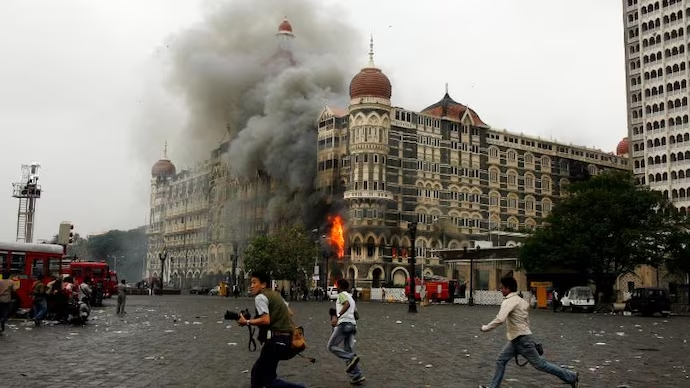Doctrine of Legitimate Expectation: A Principle of Fairness in Administrative Law
The Doctrine of Legitimate Expectation is a pivotal principle in administrative law designed to protect individuals’ expectations that arise from promises or established practices by public authorities. Although not explicitly mentioned in the Indian Constitution, this doctrine is grounded in the broader principles of the rule of law and good governance, ensuring fairness and transparency in administrative actions.
The Doctrine of Legitimate Expectation is sometimes referred to as the principle of “Procedural Fairness” in administrative law. This is because it primarily focuses on ensuring that public authorities adhere to fair procedures when dealing with individuals who have developed legitimate expectations based on the authorities’ promises or established practices. It upholds the values of consistency, transparency, and fairness in administrative actions.

Key Aspects of the Doctrine of Legitimate Expectation
- Basis of Expectation: Legitimate expectations can stem from:
- Explicit Promises: Clear and unambiguous promises or assurances made by public authorities.
- Established Practices: Consistent practices or conduct by public authorities that lead individuals to believe that a particular procedure or benefit will continue.
- Protection Against Arbitrariness: The doctrine shields individuals from arbitrary changes in policy or practice by public authorities. When an expectation is considered legitimate, authorities are required to provide a fair hearing before altering or withdrawing the benefit or practice.
- Fairness and Transparency: This doctrine mandates that public authorities act fairly and transparently, particularly when individuals have relied on their promises or established practices.
Application in Indian Judicial Decisions
Key Cases
- Navjyoti Cooperative Group Housing Society v. Union of India (1992): The Supreme Court of India emphasized that the concept of legitimate expectation pertains to the need for administrative practices and policies to be consistent and fair. The court highlighted that the government should adhere to its policies unless there is a substantial reason for change.
- Union of India v. Hindustan Development Corporation (1993): The Supreme Court elaborated on the doctrine, stating that legitimate expectation grants an individual the right to be heard before a decision adverse to their interest is made. The court also clarified that this doctrine does not confer a substantive right but ensures procedural fairness.
- Council of Civil Service Unions v. Minister for the Civil Service (1985) (a UK case): This case has significantly influenced Indian jurisprudence. The court held that a legitimate expectation arises when a public body’s decision affects an individual’s rights or interests based on the public body’s promises or regular practice.
- Punjab Communications Ltd. v. Union of India (1999): The Supreme Court reiterated that the doctrine is rooted in fairness and the rule of law. The court stated that if a public authority deviates from a promise or established practice, it must act fairly and provide an opportunity for the affected party to present their case.
- Madras City Wine Merchants’ Association v. State of Tamil Nadu (1994): The court ruled that the government must respect the legitimate expectations of traders based on long-established practices unless there is a valid reason for change, in which case due process must be followed.
Limitations and Conditions
- No Enforceable Right: Legitimate expectation does not create a substantive right. It ensures a right to be heard and procedural fairness before expectations are altered.
- Public Interest: If overriding public interest necessitates a change in policy or practice, the legitimate expectation may not hold. However, the authority must still follow fair procedures.
- Reasonableness: The expectation must be reasonable and lawful. If the promise or practice is against the law or public policy, it cannot create a legitimate expectation.
- Discretionary Nature: Public authorities have the discretion to change policies and practices. The doctrine ensures that such changes are not arbitrary and that individuals affected by the changes are given a fair hearing.
Conclusion
The Doctrine of Legitimate Expectation under the Indian Constitution plays a crucial role in administrative law by ensuring that public authorities act fairly, transparently, and consistently. It provides a procedural safeguard for individuals against arbitrary administrative actions, thereby upholding the principles of natural justice and the rule of law. By protecting individuals’ expectations based on promises or established practices, this doctrine reinforces the trust between citizens and public authorities, contributing to a more just and equitable administrative system.




